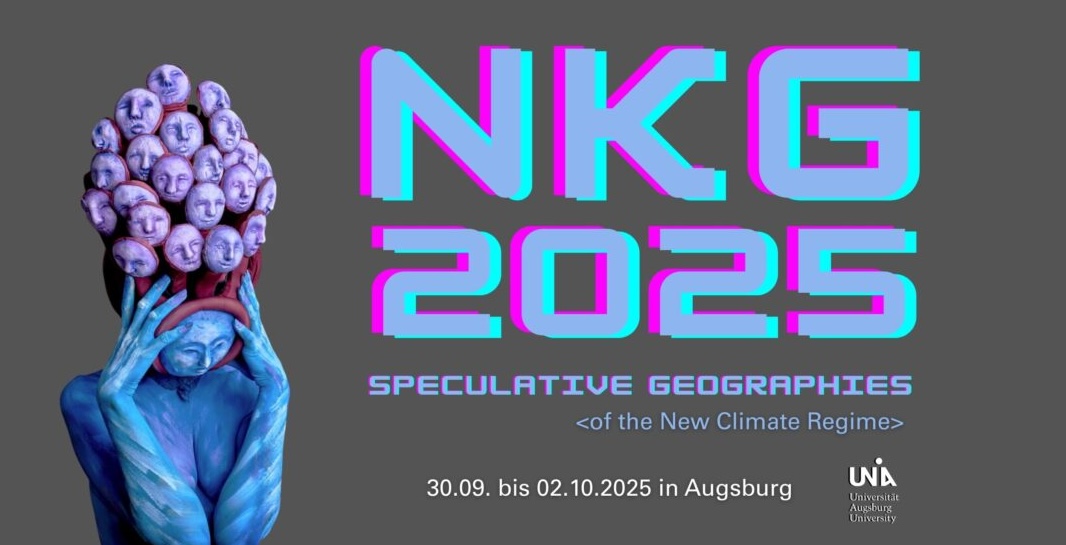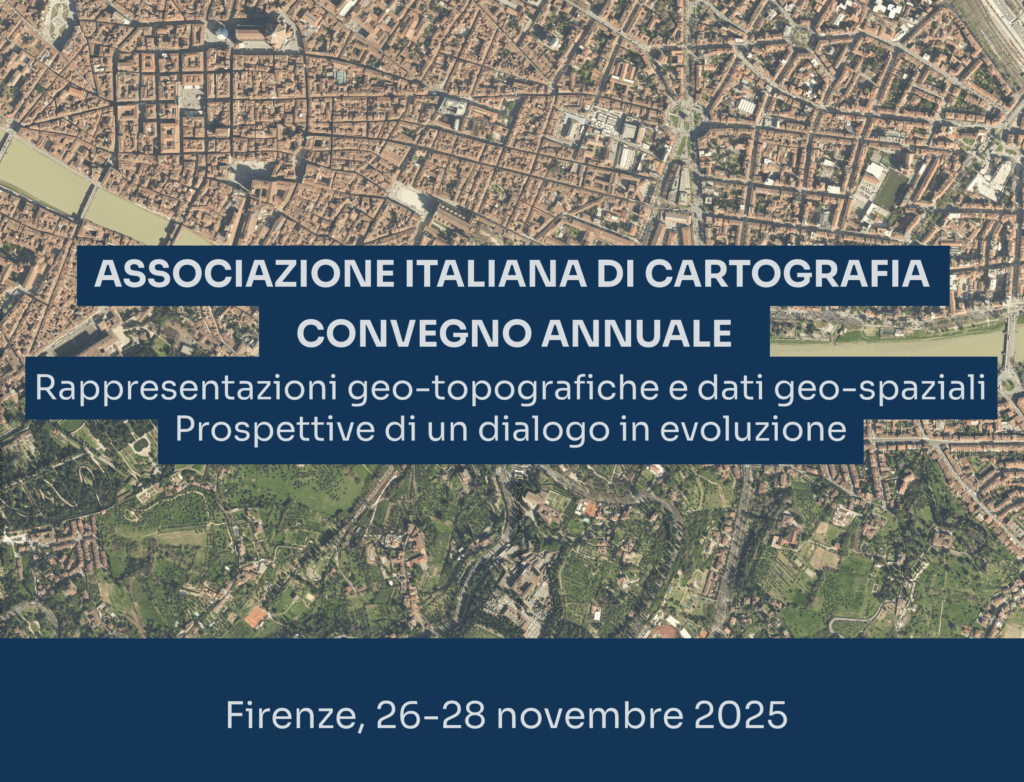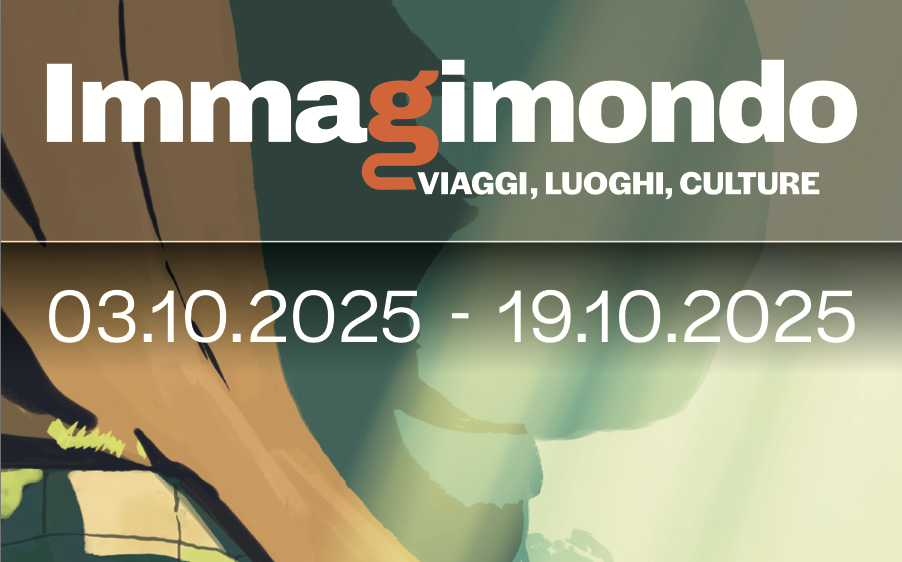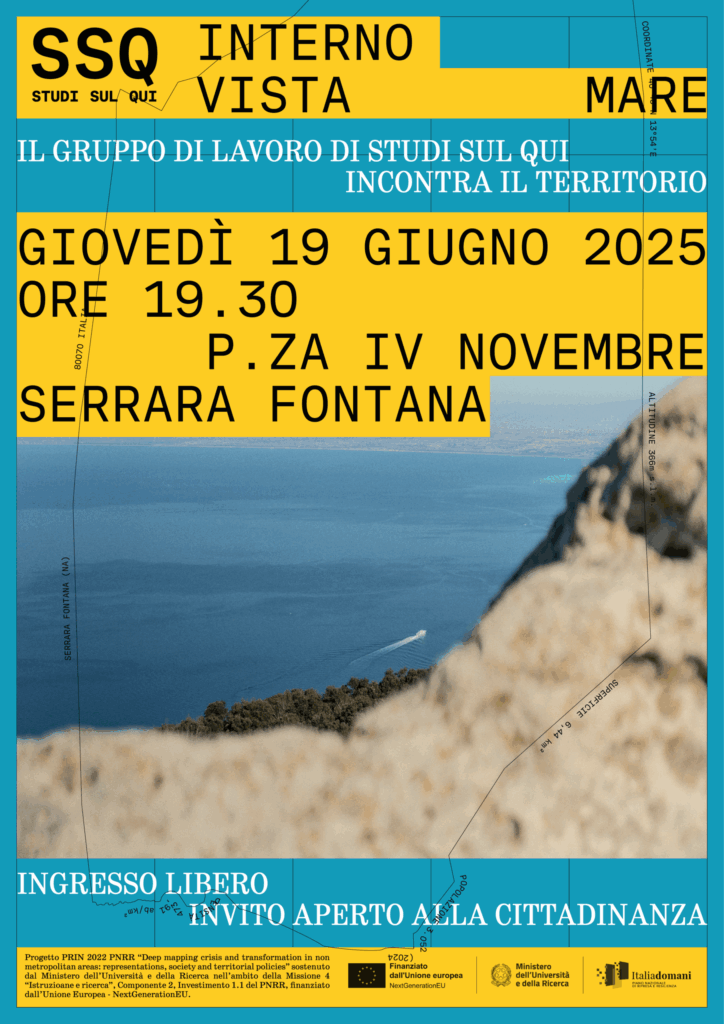
Tobias Boos e Daniele , coordinano il panel dal titolo “Mapping Methods for and of Alternative Narratives and Futures in the Face of the Climate Crisis” alla Conferenza “Neue Kulturgeographie“ in Augsburg, Germany, dal 30 settembre al 2 ottobre 2025.
All’interno del pannel presenteranno il progetto Studi sul Qui e in particolare i risultati della stagione realizzata a Porto Tolle con un intervento dal titolo “Deep Mapping the Delta del Po Area”
Abstract
Since at least the 1980s, human geographers and their colleagues from neighbouring disciplines, such as social anthropology and sociology, have used mapping techniques to make emerge and to visualise counter narratives and alternative stories to mainstream narratives on development. In the mainstream views, development is still frequently considered a foremost economic matter bound to quantitative, indicator-driven kinds of planification and governance practices in which maps are meant to consent discourses to a special aura of truth. Of course critiques on the power of maps are already well established in the field of critical cartography (Boris & Dammann, Eds., 2022).
The power of maps and critique on it is employed in techniques such as counter mapping (Peluso 1995), community mapping (Parker 2006), participatory mapping (Sletto 2015), parish mapping (King & Clifford 1985), and deep mapping (Boos, Ietri & Mastropietro 2022) to give voice to people in marginalised positions, to change views on areas conceptualised from planners of urban dwellers as peripheral, to elicit plural forms of knowledge, and to give non-humans a platform of visibility/audibility. Further, some of these techniques are applied in teaching activities (Schreiber 2022) to make students develop sensitivity to uneven power constellations and ecological matters. In their philosophical underpinning, they range between humanism and flat ontologies and mostly include artistic elements and aesthetic theories. Most of such mappings, which see the process of mapping as more important than the final map and try to avoid presenting maps as timeless fixes, show that they can contribute to outlining alternative perspectives on and futures of our planet and societies. Several of the mappings mentioned above, imply also a consistent fieldwork as part of their processing.



